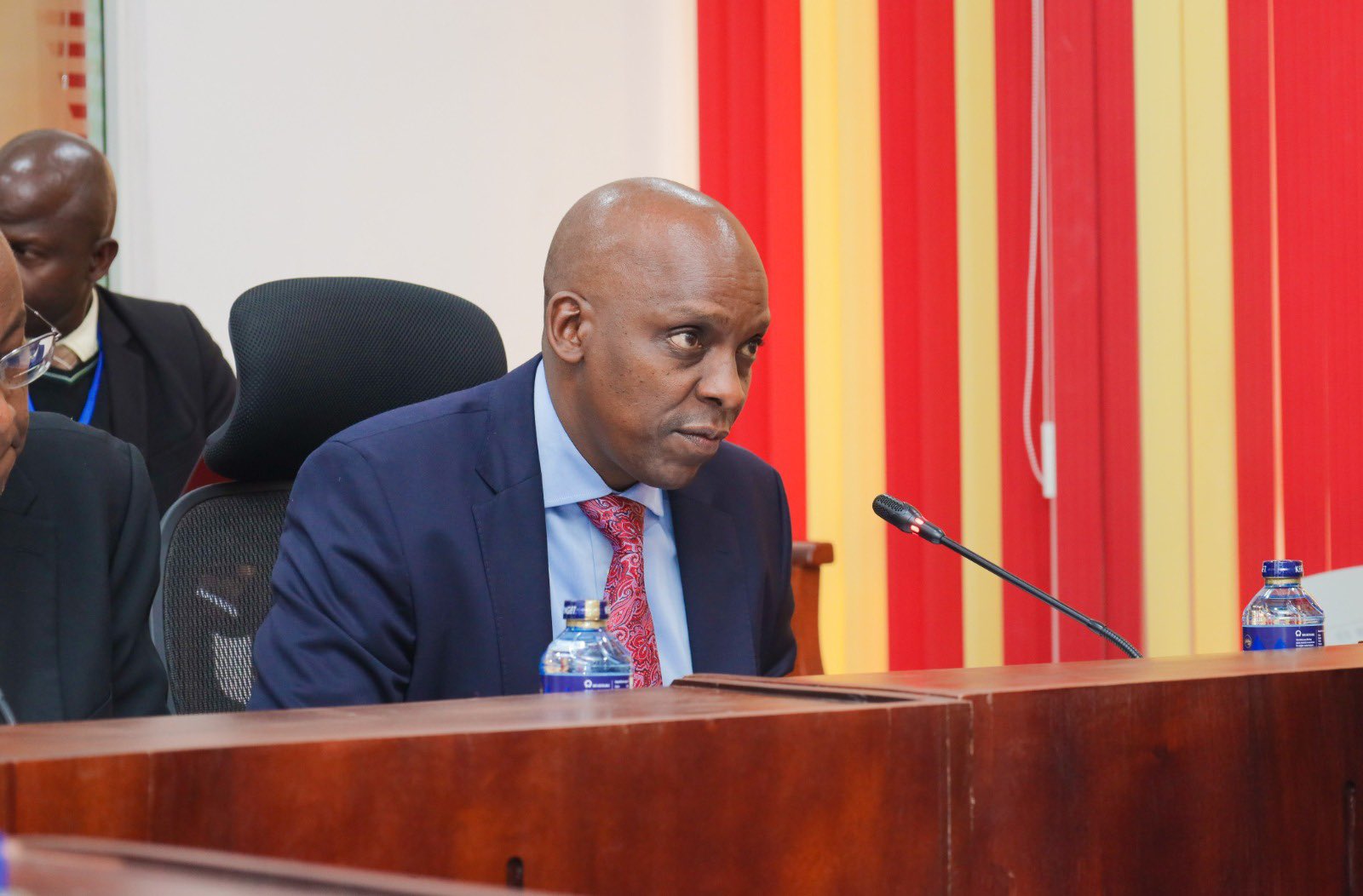Rural communities in Kenya relying on the National Hospital Insurance Fund (NHIF) for affordable and accessible healthcare are facing uncertainty as capitation payments remain unpaid.
The Rural Private Hospitals Association of Kenya (RUPHA) has raised serious concerns regarding the NHIF Board of Management's failure to fulfill its financial obligations outlined in the Agreement with healthcare providers.
This breach of agreement has left NHIF beneficiaries in rural areas in a state of limbo, unsure of when they will receive the necessary medical services they rely on.
According to a letter addressed to the NHIF, RUPHA through its chairperson Michael Kamau has emphasized that the non-payment of capitation amounts represents a clear violation of the agreement between healthcare providers and the NHIF Board.
These capitation payments, as stipulated in the agreement's clauses 1.3.1 and 1.3.2 of Schedule 1, are crucial for the smooth operation of health facilities and ensuring the welfare of NHIF beneficiaries.
Read More
Despite assurances and promises from the NHIF Board since April 2023, health facilities under RUPHA have yet to receive any remittance for the April-June 2023 quarter.
The failure to honour financial commitments has forced RUPHA to take immediate action. As a result, beneficiaries of the NHIF Capitated Schemes in rural areas are now required to make cash payments for medical services until the outstanding capitation amounts are paid.
"NOTICE IS GIVEN. Beginning Friday 26th March, "cash terms" will apply for all NHIF National Scheme cardholders who seek Outpatient Care. We will restore normal services when NHIF honours it's obligations. Our nurses, cleaners, clerks, are without salaries for 2 months," RUPHA said.
This situation has put a burden on NHIF beneficiaries in rural areas, who often rely on private hospitals as their primary healthcare providers.
In April, the healthcare centres catering to underserved populations in both rural and urban areas, specifically Kangemi and Kayole in Nairobi, as well as Kisauni in Mombasa, adopted a practice of imposing predetermined fees on NHIF beneficiaries for the healthcare services provided.
This practice, known as co-pay arrangements, entails the beneficiaries contributing a fixed amount towards the services received, while the remaining balance is covered by the insurance provider.
The inability to access medical services due to the NHIF's non-payment of capitation amounts disrupts the continuity of care and jeopardizes the well-being of vulnerable individuals in these communities.
The predicament faced by NHIF beneficiaries in rural areas highlights the urgent need for the NHIF Board of Management to address this issue promptly.
Timely and consistent payment of capitation amounts is crucial to ensure that healthcare facilities can continue operating effectively and meet the healthcare needs of NHIF beneficiaries.
RUPHA calls upon the NHIF Board of Management to prioritize resolving this matter without further delay.
The association stresses that the prompt payment of capitation amounts is not only vital for the functioning of healthcare facilities but also for the welfare of NHIF beneficiaries in rural areas who rely on the NHIF Capitated Schemes for essential medical care.
NHIF beneficiaries in rural areas deserve reliable and accessible healthcare services, and the NHIF must fulfil its financial obligations to make this a reality.
Failing to rectify this situation promptly could have far-reaching consequences for the healthcare system and the well-being of NHIF beneficiaries in rural communities across Kenya.
The well-being of NHIF beneficiaries in rural areas should be a priority, and it is imperative that the NHIF Board of Management resolves this breach of agreement to ensure the continuity of accessible healthcare for all.







-1756319289.jpg)
-1756917651.jpg)


